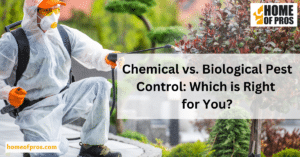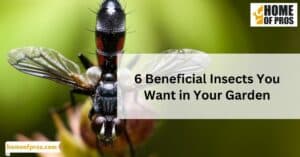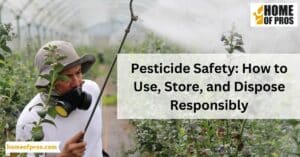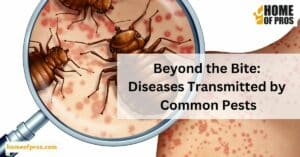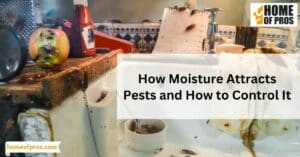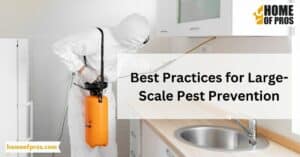As the seasons shift, so do the types of pests that can invade our spaces. From stink bugs in the fall to mosquitos in the summer, each season presents its own set of challenges when it comes to pest management. Fortunately, there are practical steps you can take to keep unwanted critters at bay, no matter the time of year.
As temperatures change throughout the year, different pests seek shelter, swarm, breed, and invade our homes. To prevent a full-blown infestation, regular inspections and preventive measures like keeping your home clean are essential. For more serious cases, professional pest control services can provide effective treatments tailored to your situation.
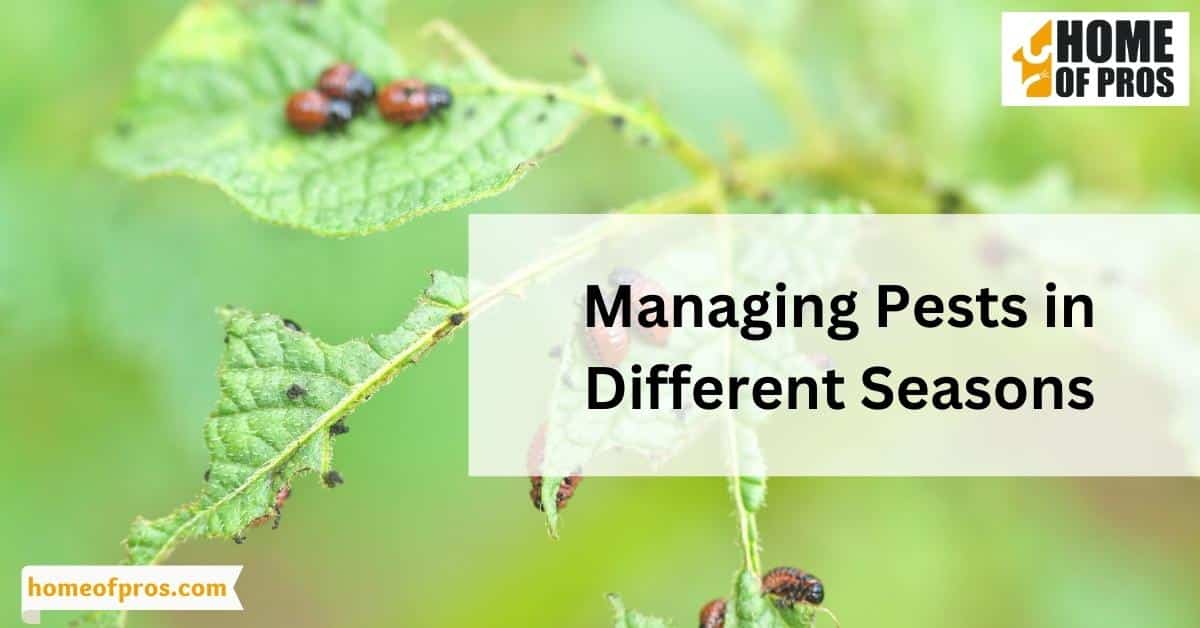
Shelter Season
Shelter Season refers to the time of year when pests are seeking refuge from unfavorable outdoor conditions. For many pests, this typically occurs during colder months when they’re looking for a warm place to survive.
However, some pests may also seek shelter during extremely hot periods or times of heavy rain.
Identifying Common Pests and Their Shelter Seasons
- Rodents: Mice and rats are common pests that seek shelter in homes during the cold months. They find their way into attics, basements, and wall cavities to stay warm and find food.
- Cockroaches: These pests are active year-round but may seek shelter in homes during periods of extreme weather. They tend to hide in dark, damp spaces like basements, bathrooms, and kitchens.
- Ants: Ants may invade homes during heavy rains when their nests are flooded. They can be found in various areas of the house, especially the kitchen, where they search for food.
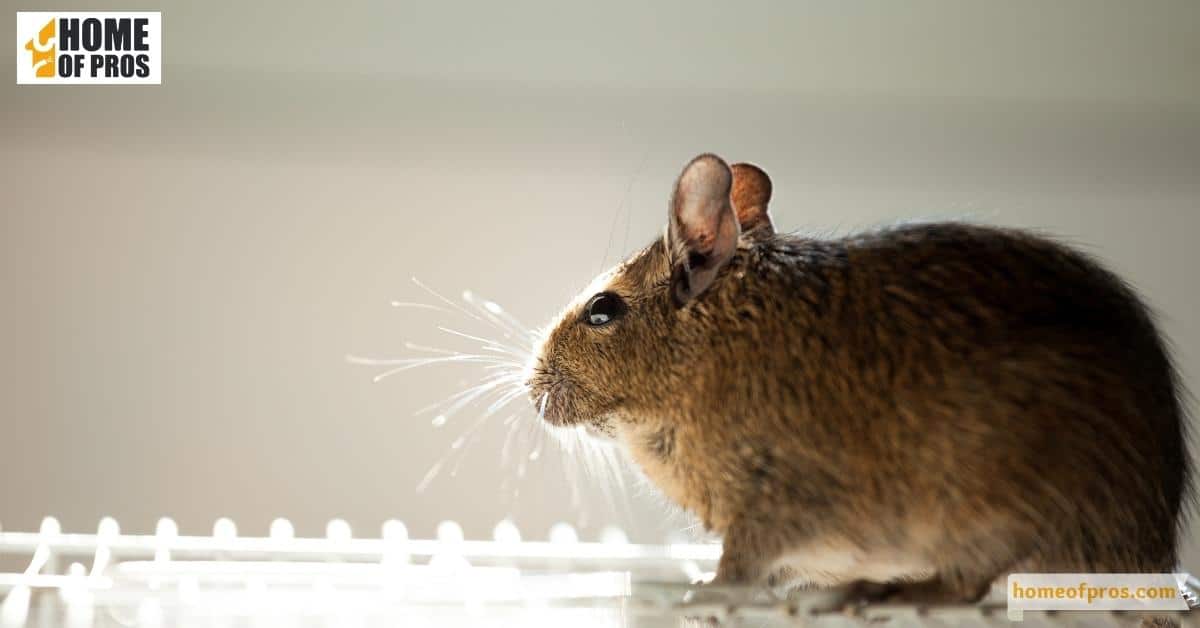
Pest Management Strategies for Shelter Season
- Regular Inspections: Conduct regular inspections of your home, looking for signs of pests such as droppings, chew marks, and nests. Early detection is key in preventing a full-blown infestation.
- Professional Pest Control: If signs of an infestation are found, consider hiring a professional pest control service. They can provide effective treatment and prevention strategies tailored to your specific situation.
- Preventive Measures: Keep your home clean and free of clutter where pests might hide. Seal potential entry points and remove food sources that could attract pests. Consider using pest repellents as an additional preventive measure.

Swarm Season
Swarm season typically refers to the time of year when insects, particularly termites, and ants, become more active and visible. This usually happens during spring and summer when the weather is warmer and conditions are ideal for their reproduction and growth.
However, different pests have different swarm seasons, so it’s essential to know which pests you’re dealing with and when they’re most likely to invade your home.
Identifying Common Pests
- Termites: These wood-eating insects are most active during spring and early summer. They often swarm on warm, rainy days, and their presence can lead to significant structural damage if not addressed promptly.
- Ants: Ants can swarm any time between spring and fall, but they’re most active during the warmer months. They can infest your kitchen, bathroom, or other areas where they can find food and water.
- Rodents: Unlike insects, rodents like mice and rats can invade your home during colder months when they’re seeking shelter and warmth. However, they can also be a problem year-round, especially in urban areas.
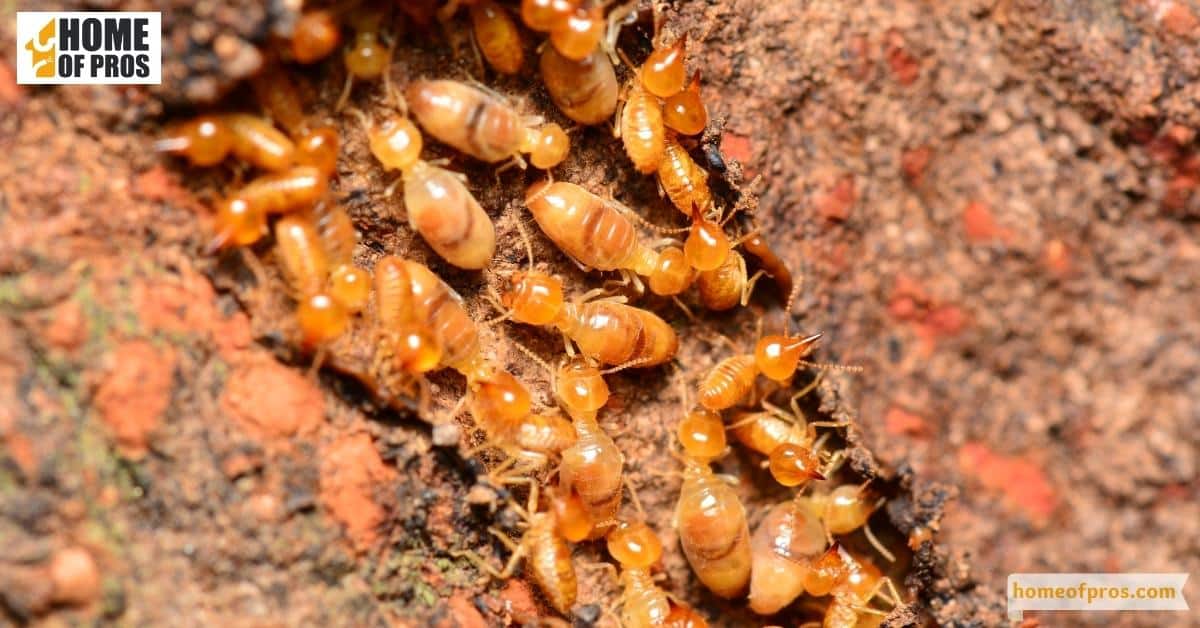
Pest Management Strategies for Swarm Season
- Regular Inspections: Regularly inspect your home for signs of pests, such as droppings, damage to wood or other materials, and live or dead insects. Early detection is key to preventing a full-blown infestation.
- Professional Pest Control: If you detect signs of an infestation, it might be time to call a professional pest control service. They can provide effective treatment options and advice on preventing future infestations.
- Preventive Measures: Keep your home clean, seal any cracks or openings where pests can enter, and remove potential food and water sources. Prevention is always better than cure when it comes to pest management.
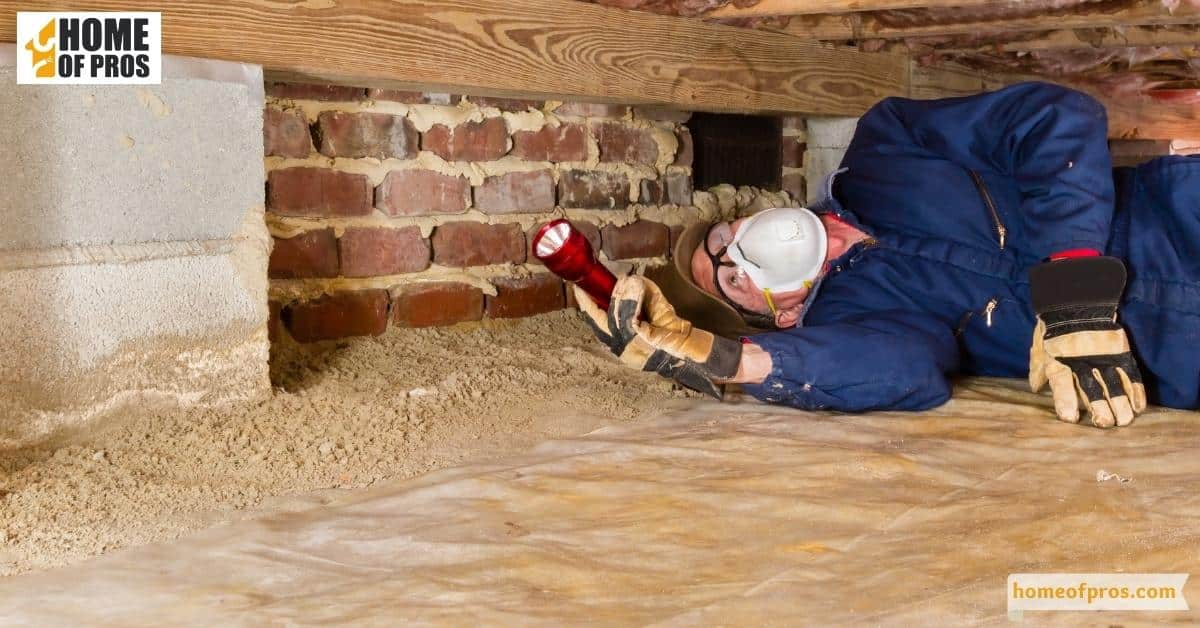
Breeding Season
The “Breeding Season” refers to the period when pests reproduce and multiply. Just like swarm season, different pests have different breeding seasons. These periods are usually influenced by factors like weather conditions and food availability.
Most pests breed during warmer months, but some can also reproduce during colder seasons.
Identifying Common Pests and Their Breeding Seasons
- Cockroaches: Cockroaches breed year-round, but their activity can increase during summer. They thrive in warm, humid environments, so bathrooms and kitchens are their favorite breeding grounds.
- Rodents: Mice and rats breed throughout the year, with peaks in spring and fall. They seek sheltered areas like attics and basements to nest and reproduce.
- Mosquitoes: Mosquitoes’ breeding season typically starts in spring and lasts until fall. They lay eggs in standing water, so eliminating such sources can help control their population.
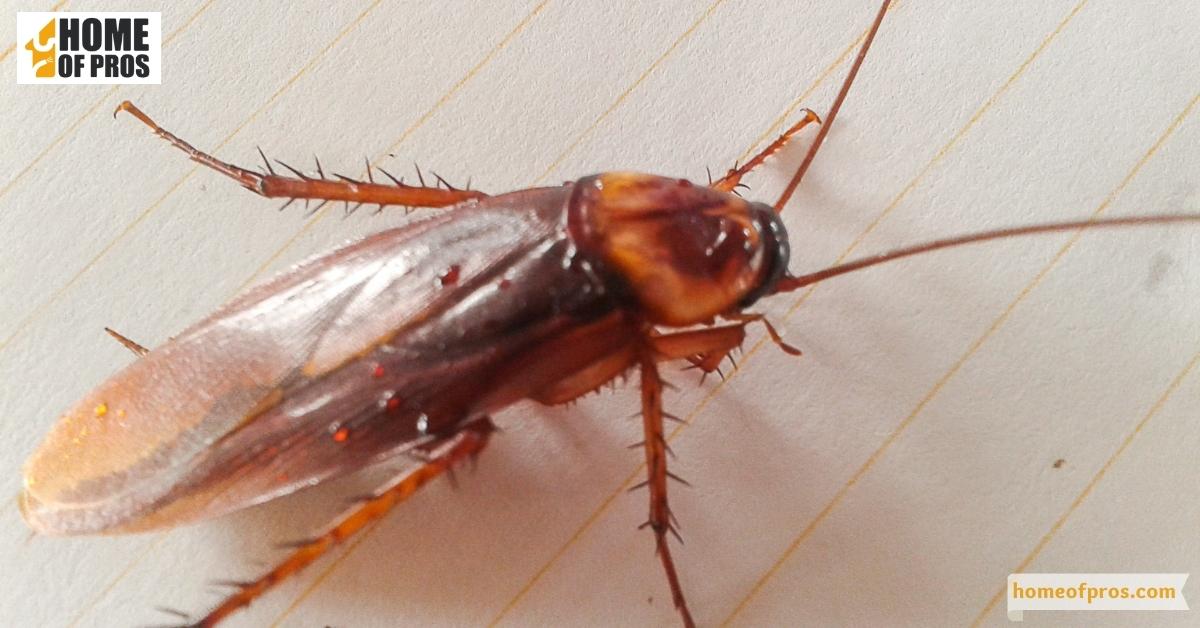
Pest Management Strategies for Breeding Season
- Regular Cleaning: Keeping your home clean can deter pests from breeding. Remove clutter where pests can hide and breed, and clean up food spills promptly to avoid attracting them.
- Pest Control Services: If you spot signs of infestation, consider hiring a professional pest control service. They can identify the type of pest, assess the extent of the infestation, and apply appropriate treatments.
- Preventive Measures: Install screens on windows and doors to prevent pests from entering your home. Seal cracks and crevices, and regularly check hidden areas like under sinks and behind appliances for signs of pests.

High Season
The High Season refers to the time of year when pests are most active. Depending on the type of pest and the region’s climate, this could be any time of the year.
However, many pests become more active during warmer months when conditions are favorable for their growth and reproduction.
Identifying Common Pests and Their High Seasons
- Mosquitoes: Mosquitoes thrive in warm, humid weather. Their high season usually starts in spring and lasts until fall. They breed in standing water, so removing such sources is key to controlling their population.
- Ants: These tiny invaders are most active during the warmer months. They can enter your home in search of food and water, so keeping your kitchen and other areas clean can help deter them.
- Rodents: Rodents like mice and rats can be a problem year-round, but they’re especially active during fall and winter when they’re seeking shelter from the cold.
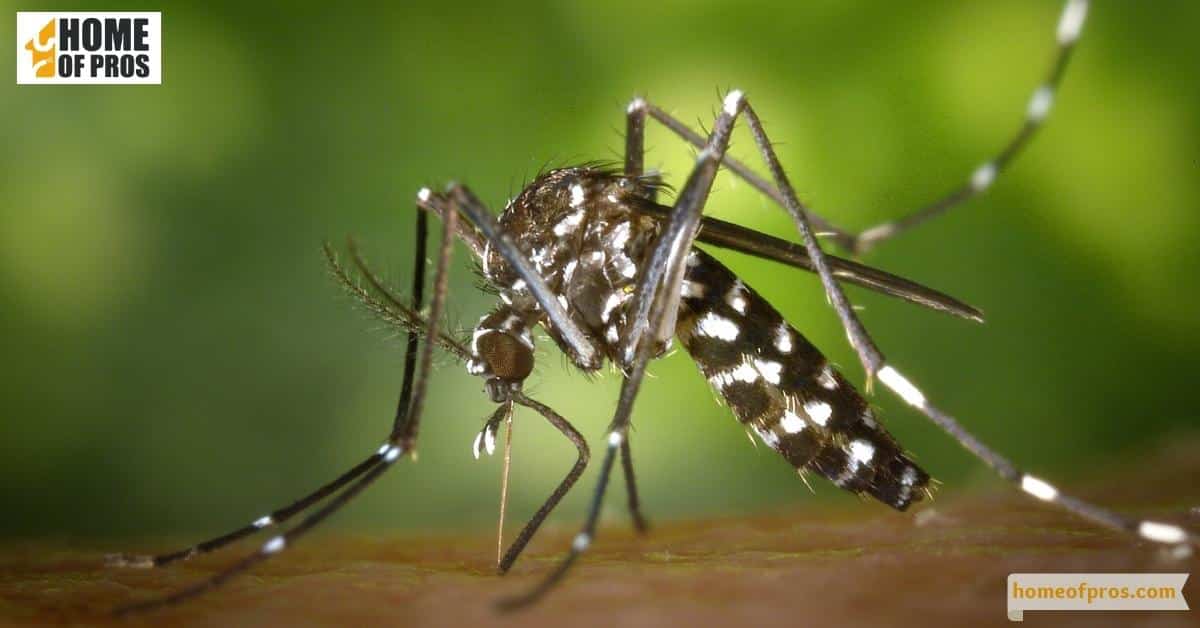
Pest Management Strategies for High Season
- Regular Inspections: Regularly inspect your home for any signs of pests. Look out for droppings, damage to materials, and live or dead insects. Early detection can prevent a minor pest problem from becoming a major infestation.
- Professional Pest Control: If you detect signs of an infestation, consider calling in professional help. Pest control services can effectively manage the infestation and provide advice on preventing future problems.
- Preventive Measures: Keep your home clean and seal any potential entry points for pests. Remove food and water sources that could attract them, and consider using natural or chemical repellents.
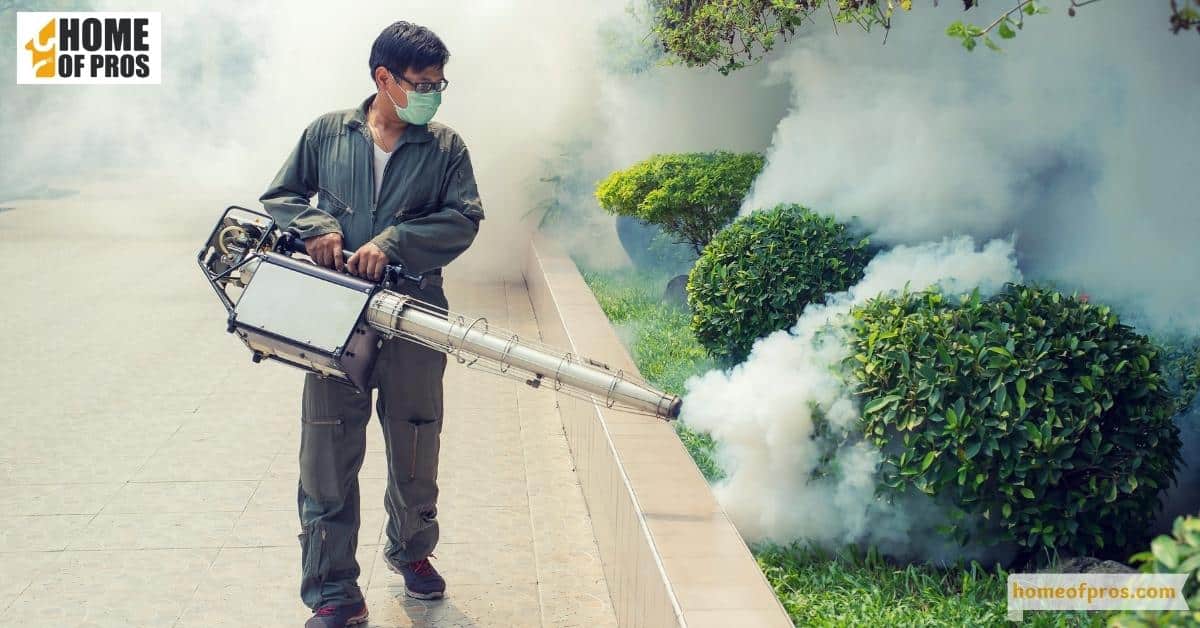
Prep Season
Prep Season refers to the period just before pests become most active, providing an opportunity to put preventive measures in place. This varies based on the type of pest and the local climate, but generally, it’s the time just before the warm weather sets in, as many pests become more active during the warmer months.
Identifying Common Pests and Their Prep Seasons
- Mosquitoes: Before the humid, warm weather of spring and summer arrives, it’s time to prepare for mosquitoes. They breed in standing water, so early prevention involves removing such sources.
- Ants: Ants become most active in the warmer months, so late winter to early spring serves as their prep season. Sealing potential entry points and keeping your home clean can deter these pests.
- Rodents: Rodents like mice and rats seek shelter during cold months, making late summer and early fall their prep season. Closing gaps and crevices and setting traps can help prevent an infestation.
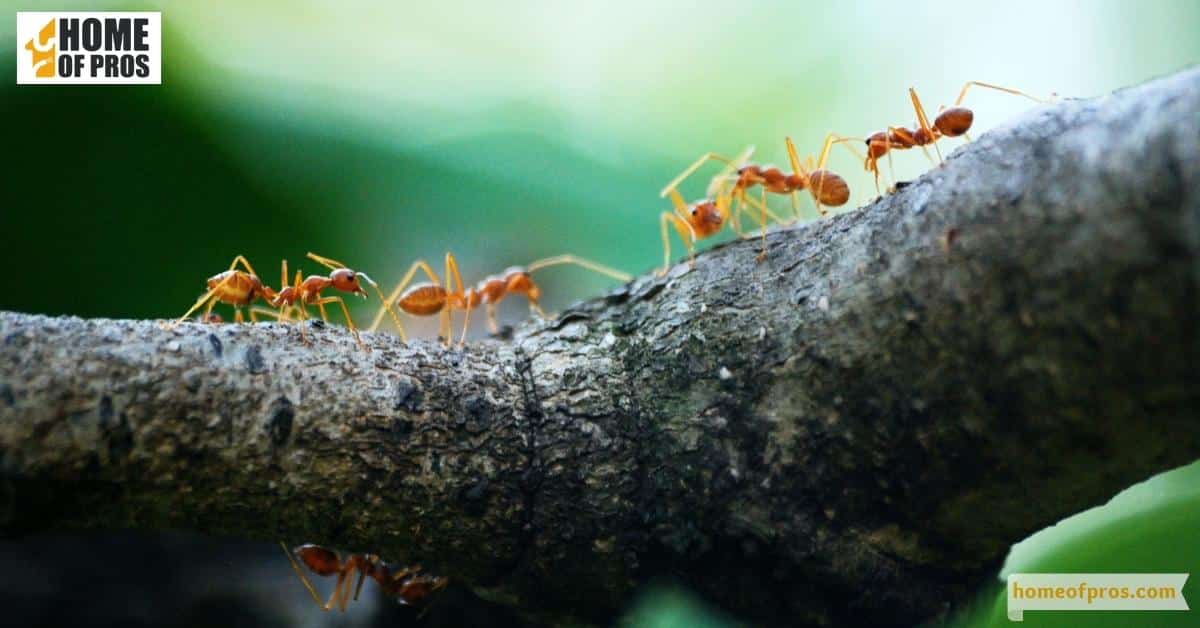
Pest Management Strategies for Prep Season
- Home Inspection: Carry out a thorough inspection of your home for any signs of pests or potential entry points. Early detection can help nip a budding infestation in the bud.
- Professional Pest Control: If you’re unsure of what to look for or if you find signs of pests, consider hiring a professional pest control service. They can help identify potential problems and provide solutions.
- Preventive Measures: Prevention is the best form of pest control. Keep your home clean, seal potential entry points, and remove food and water sources that could attract pests.

Invaders Season
Invaders Season refers to the time of year when pests are most likely to enter our homes. This could be due to changes in weather conditions, availability of food, or the need for a safe place to reproduce.
For many pests, this season typically occurs during the transition from one season to another.
Identifying Common Pests and Their Invaders Seasons
- Rodents: Mice and rats are common invaders during the colder months, seeking warmth and shelter in our homes. They can squeeze through small openings, so be sure to seal any cracks or gaps in your home’s exterior.
- Ants: Ants often invade homes during the warmer months in search of food and water. They’re attracted to sweet foods and moisture, so keep your kitchen clean and dry to deter them.
- Cockroaches: These pests can invade homes year-round, but are particularly active during the warmer months. They’re attracted to food and water sources, especially in dark, damp areas like basements and under sinks.
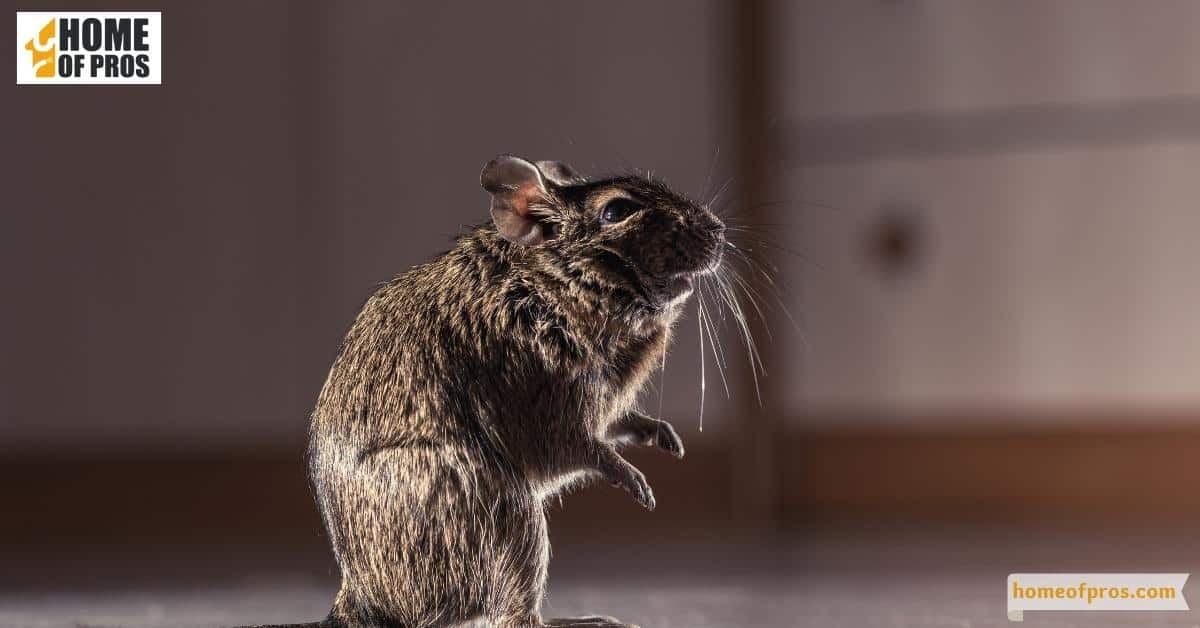
Pest Management Strategies for Invaders Season
- Regular Inspections: Regularly inspect your home for signs of pests, such as droppings, damage to materials, and live or dead insects. Early detection can help prevent a full-blown infestation.
- Professional Pest Control: If you detect signs of an infestation, consider hiring a professional pest control service. They have the expertise and tools to effectively handle the problem and prevent future invasions.
- Preventive Measures: Keep your home clean, seal any potential entry points, and remove food and water sources that could attract pests. Using natural or chemical repellents can also help keep pests at bay.
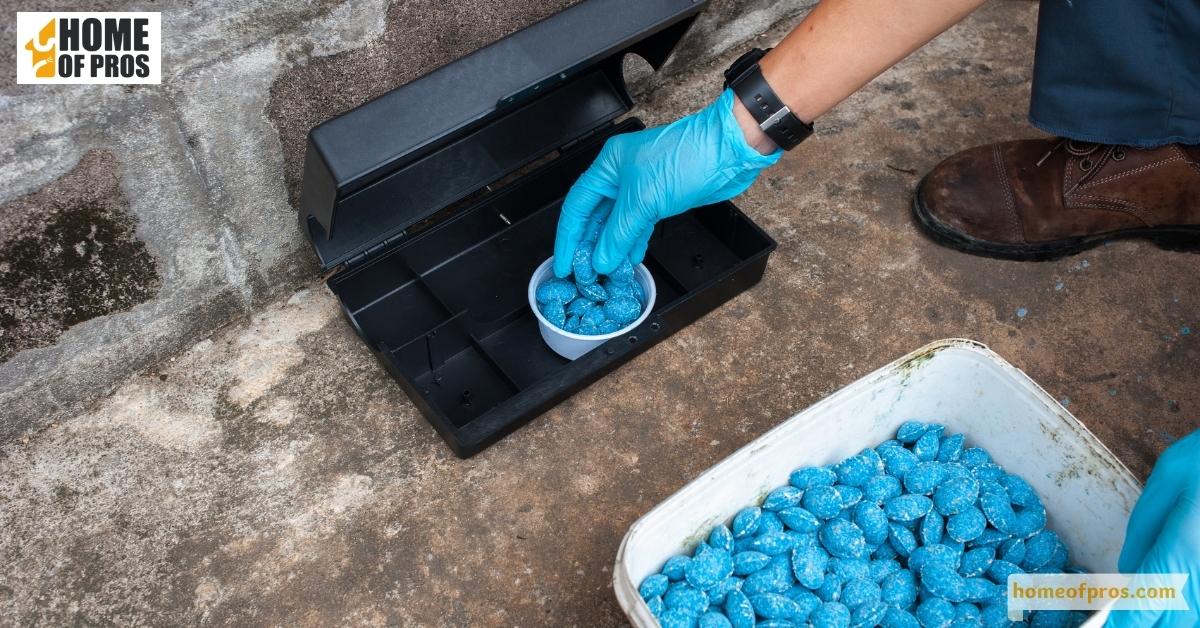
In conclusion
Managing pests in different seasons can be a daunting task for many homeowners and gardeners. However, it is a necessary step in maintaining a healthy and productive space.
By taking a proactive approach and implementing preventative measures, it is possible to significantly reduce the impact of pests on your plants and surroundings. For example, using physical barriers such as netting or row covers can be effective in deterring pests from damaging crops during the growing season.


